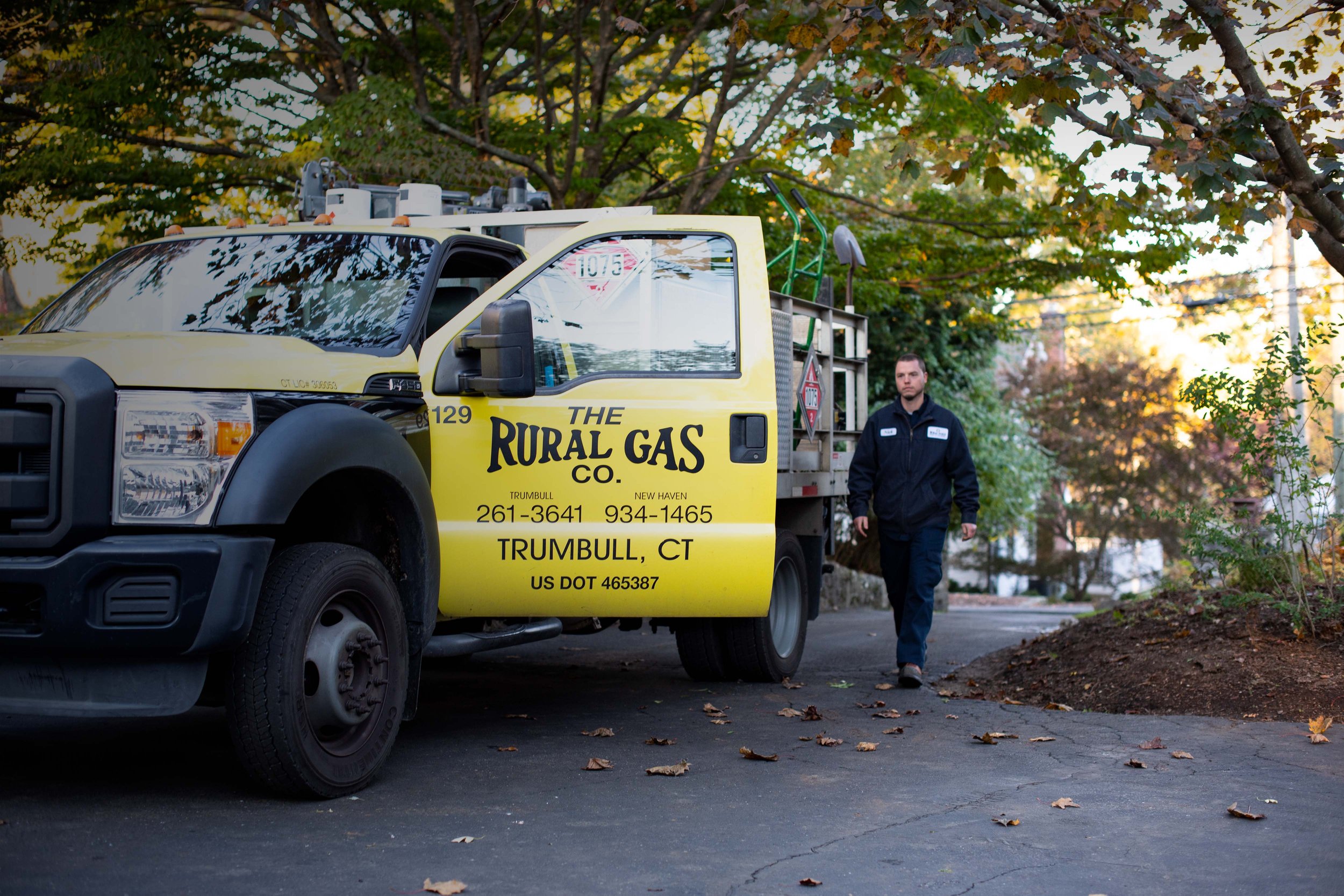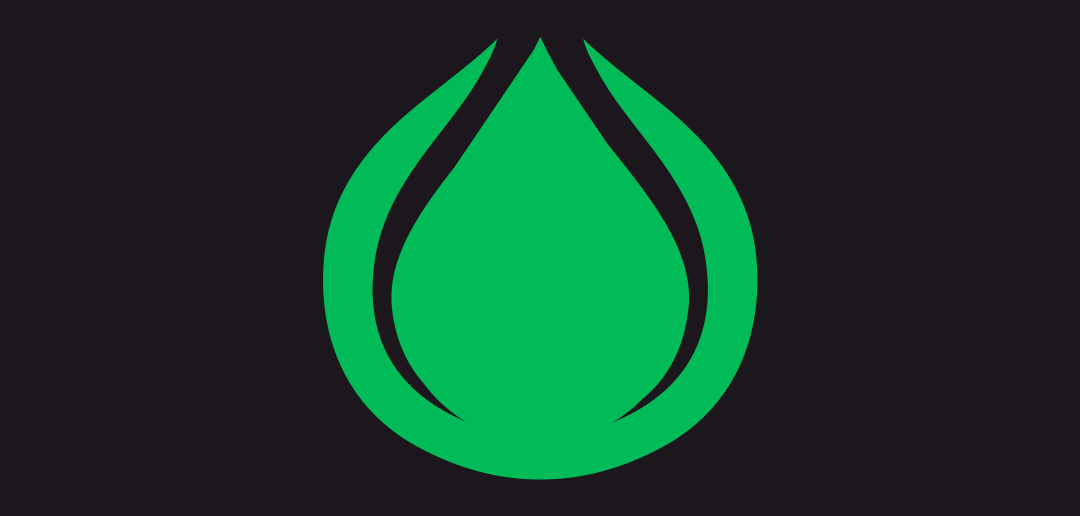
Frequently asked questions
Can’t find the answer your looking for below? Contact us here.
Propane:
-
Verify that all thermostats are set to heat
Verify that thermostats are set 5 degrees higher than the current room temperature
Verify that all electrical circuit breakers are on
Verify that the system’s power switches are on - these are usually located at the top of the basement stairs and on the unit itself
Verify that your propane tank is at least 1/8 full
If all the above are true, reset your system by holding down the red reset button on the heating system for 5 seconds. The system should automatically start within 10 seconds
-
A propane gas leak in your home smells like rotten eggs (for your safety, a strong odorant is added to propane so you can detect a leak). Make sure your family knows the odor, and what to do if they smell it (see below). We also highly recommend that you install safety measures in your home, such as propane leak and carbon monoxide detectors, for further precaution.
-
Extinguish smoking materials and other open flames
DO NOT turn light switches, appliances or thermostats on or off, and DO NOT use the telephone. An electric spark could ignite the gas
Quickly get everyone out of the building
Close all gas tank or cylinder supply valves
Call 911 from a neighbor’s phone, or remain outside and use your cell phone
Stay outside until the problem has been corrected
-
Lift the cover on the top of the propane tank that fuels your generator
Locate the gauge on the top of the tank
The gauge reads as a percentage of volume you have in your tank - 80% is considered a full tank
-
In an emergency, it may be necessary to turn off your propane tank off to shut off the supply to your home.
Lift the top cover on the tank
Locate the valve on the top of the tank
Turn the valve clockwise until you cannot turn it anymore
home Heating Oil:
-
Verify that all thermostats are set to heat
Verify that thermostats are set 5 degrees higher than the current room temperature
Verify that the system’s power switches are on - these are usually located at the top of the basement stairs and on the unit itself
Verify that your oil tank is at least 1/8 full
If you have forced hot air, verify that your air filter is not blocked
If all the above are true, reset your system by holding down the red reset button on the heating system for 5 seconds. The system should automatically start within 10 seconds
-
If your heating system is working properly, you should not smell oil in your home.
An oil smell could come from a leak, combustion or burner troubles, heat exchanger failure or exhaust system problems. Contact us and a Technical Expert will correct the problem.
-
Home heating oil is not flammable—if a person dropped a match into a tank of heating oil, it would go out as if it were dropped into water. Before home heating oil can burn, your furnace’s nozzle must vaporize the oil as it enters the fire chamber. Homeowners can rest assured that their family and property are safe when they heat their home with oil.
-
Yes! A new oil-fired heating system can reduce your energy consumption by as much as 40 percent!
Heating Equipment:
-
No! Working with a fuel-burning system is a job for a licensed professional. For the sake of your safety, do not attempt to fix propane equipment yourself. Contact us for any service or repairs.
-
A boiler uses hot water (think of boiling water) to heat your home, and a furnace uses warm air, also referred to as forced air.
-
The standards for energy efficiency are set by the U.S. Department of Energy with either a HSPF or AFUE rating assigned to every piece of heating equipment.
HSPF (Heating Seasonal Performance Factor) is how the heating efficiency of heat pumps are rated; the higher the HSPF, the more efficient the units are.
AFUE (Average Fuel Utilization Efficiency) is the measurement of efficiency for gas- and oil-fired heating equipment. The rating is shown as a percentage indicating how much fuel is used to heat a house – and how much is wasted. The higher the percentage, the better the efficiency.
-
All equipment has a lifespan - 13 to 20 years for boilers/furnaces, 7 to 13 years for water heaters, 10 to 20 years for oil tanks, and 20 to 30 years for propane tanks.
-
Regular maintenance is critical to keeping your system working at peak efficiency, which can help you save money on your monthly utility bills, prevent breakdowns, and extend the lifespan of your system.
A/C Equipment:
-
Verify that all thermostats are set to cool
Verify that thermostats are set 5 degrees below the current room temperature
Verify that all electrical circuit breakers are on
Verify that all furnace and air handler switches are turned on
Check for any signs of ice on the outside unit. If there is ice, turn the unit off - the ice must melt before a Technical Expert can be sent to the home
-
It is recommended that A/C filters be changed once a month during peak cooling months. You are able to change filters yourself. If you do not know how, ask your Technical Expert during their next visit.
-
The standards for energy efficiency are set by the U.S. Department of Energy with a SEER rating assigned to every piece of A/C equipment. The higher the SEER, the greater the efficiency.
-
On very hot days, it will take several hours to cool a house, and during these days, it is beneficial to leave the A/C running in order for the system to keep up with the daytime heat. On moderate days, the temperature can be raised in your home by four or five degrees while you are away.
-
All equipment has a lifespan - about 10 years for your central A/C system.
-
Regular maintenance is critical to keeping your system working at peak efficiency, which can help you save money on your monthly utility bills, prevent breakdowns, and extend the lifespan of your system.
Did You Know?
-
There are many benefits to adding a propane monitor to your tank at this time of year. Your propane fireplace will be roaring and let’s not forget about all the cooking!
Thanks to the additional guests at your home, you’ll see swings in the usage of your propane. A monitor on a smaller propane tank or one that gets used sporadically can provide peace of mind when you’re busy entertaining. When you’re getting low, we’ll get a notification and be right over!
-
All our service plans include an annual service check to provide regular maintenance on your equipment. From oil or gas (propane/natural gas) heat service plans to your central A/C or ductless units, a visit from our licensed Technical Experts will diagnose any problems and get you ready for a healthy year of usage.
-
Many people think they need to have their A/C maintained in the spring and their heat in the fall, but truthfully, all that matters is that it’s done once a year. Call us today to get all your maintenance needs on the schedule for 2024!
-
If you're planning to sell your house, we’re here to make the process smoother for you. Before your closing date, we’ll come out and take a complimentary reading of your fuel tank and send a report to your attorney. And the best part?
At closing, you’ll receive reimbursement for the remaining fuel in your tank - putting more cash back in your pocket!
-
Many homeowners confuse these terms, but there is an easy way to remember: a boiler uses hot water (think of boiling water) to heat your home, and a furnace uses warm air, also referred to as forced air.
-
Our Heat Service Plans offer a cost-effective option for maintaining your heating equipment.
Propane
Heating Oil
Natural Gas
Electric
If you have a heater, we’ll be there to service it.
Learn more about our service plans here!
-
Like all equipment and appliances in your home, oil tanks face wear and tear as they age; on average oil tanks last about 10+ years outside and 20+ years inside.
Call now to schedule your annual service check and we’ll inspect your oil tank for signs of deterioration or leaks before heating season starts.
-
Lift the cover on the top of the propane tank
Locate the gauge on the top of the tank
The gauge reads as a percentage of volume you have in your tank - 80% is considered a full tank
Whether it’s an emergency or due to a bad storm, it’s important to know how to check how much propane you have in the tank. Visit our storm center to learn more.
-
Our home heating oil is actually Bioheat, a combination of ultra-low-sulfur oil and biodiesel.
Made from agricultural byproducts, biodiesel leads the way for heating oil to become carbon neutral by 2050.
-
A 250-gallon or larger propane tank must be 10 feet from your house.
-
Before your closing date, we’ll come out and take a complimentary reading of your fuel tank and send a report to your attorney. You’ll receive reimbursement for the remaining fuel in your tank - putting more cash back in your pocket!
-
Propane is one of the cleanest hydrocarbons!
It’s better than grid electricity, because more than 60% of the energy used for electricity generation is lost in conversion, and nearly25% of grid electricity comes from coal. Propane has a great source-site ratio of 1.01, compared to 2.80 for electricity from the grid. Almost no energy is lost as it travels from the tank to the application.
It’s better than liquid fuels because it vaporizes when exposed to air. It won’t harm soil, drinking water, or marine ecosystems, and is not reactive in the air. Versus gasoline, propane autogas-powered vehicles significantly reduce emissions: 12% less CO2, 20% less NOx, 25% fewer greenhouse gases, and up to 60% less carbon monoxide. The numbers versus diesel are even better.
It’s WAY better than coal, because it is low-carbon. That’s why the U.S. Dept. of Energy classifies it as a clean alternative fuel.
And it’s renewable, because it is being made today by converting plant and vegetable oils, waste greases, and animal fat into fuel, all of which are MUCH better than disposal.
Learn more here!
-
Degree days measure how hot or cold it is compared to a standard indoor temperature (65°F). Colder weather means higher degree days, more energy used, and more frequent Bioheat heating oil or Propane deliveries. Behind the scenes, our team uses this information along with weather data, computer systems, and routing tools to keep fuel arriving when you need it. That’s why we recommend auto-delivery - you’ll always be on schedule.

I Choose Rural Fuels Because…
Rural Fuels continues to provide excellent equipment, services and supplies. The office is always able to help with questions and issues and the service folks are top notch! Wouldn’t go anywhere else.
- Charles K.
Rural Fuels has the best people in the business. Their expertise is unquestionable and at the highest level… and they are very nice and kind people to boot! Our experiences with Rene, Dawn, Mark, Bobby, Daniel and Drew have been a true pleasure. We would highly recommend this excellent company.
- Cindy P.
Not only do they provide timely deliveries, but they also have a wonderful service department. I replaced my oil-fired hot water heater with a propane heater (one of my better financial decisions, by the way), and the men did a superb job.
- Brenda J.
request service
Contact us to learn more about our service plans, to schedule routine maintenance or for emergency service.
Rural Fuels proudly services the following towns: Ansonia, Bethel, Bridgeport, Darien, Derby, Easton, Fairfield, Milford, Monroe, New Canaan, Newtown, Norwalk, Orange, Oxford, Redding, Ridgefield, Seymour, Shelton, Southbury, Stamford, Stratford, Trumbull, Weston, Westport, Wilton, Woodbridge
Our Latest Service Blog:




















